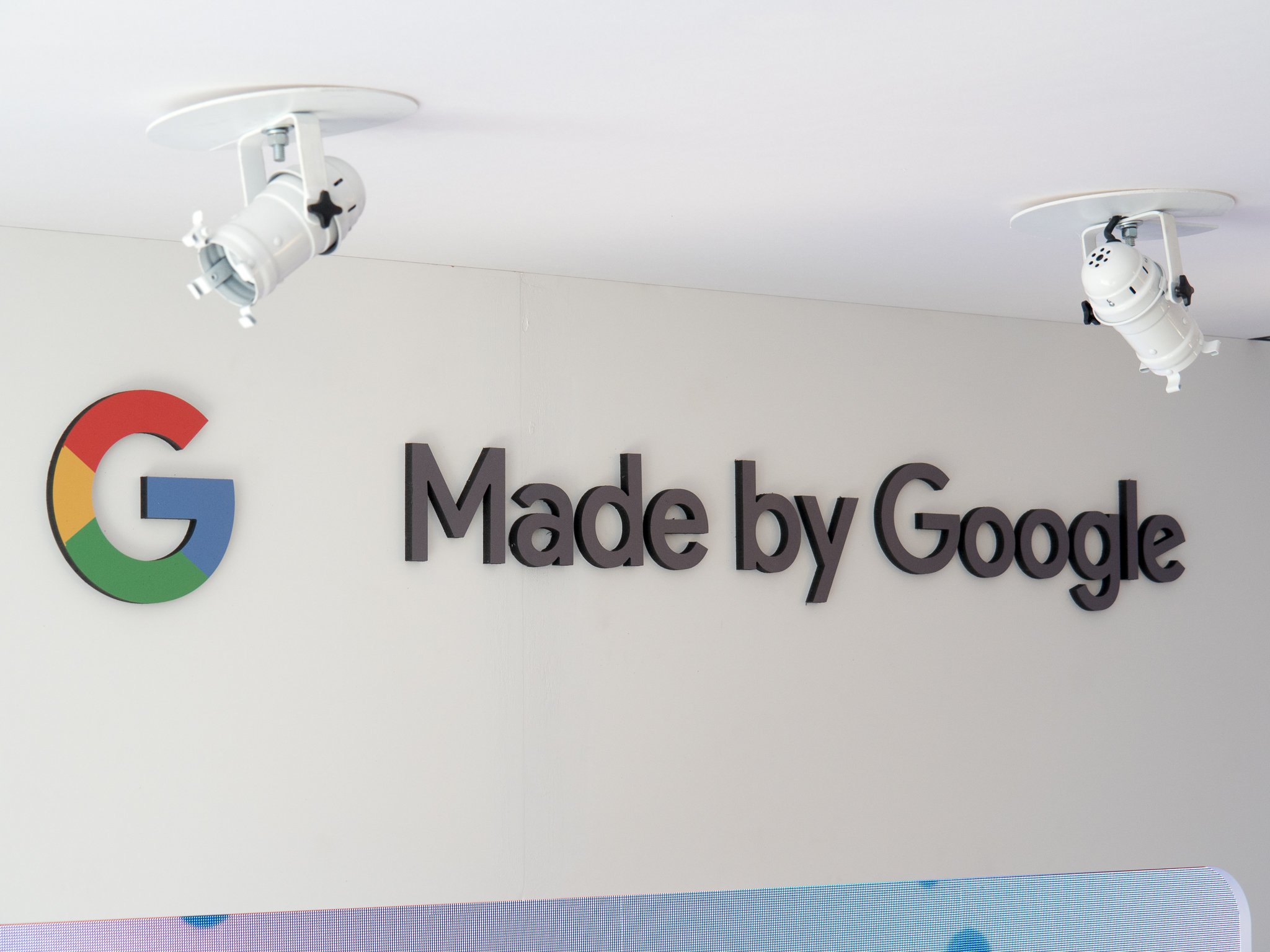Despite a new processor and UI, Wear OS is still lagging behind.
If you're a fan of Google's wearable operating system, Wear OS, 2018's been one of the better years the smartwatch platform has ever seen.
In late August, Google announced a completely revamped interface that puts a big emphasis on the brand-new Google Fit and makes the Google Assistant more powerful than ever. Just last week, Qualcomm unveiled its first new wearable processor in over two years that aims to greatly extend battery life.
Those refreshes in software and processing power are two things Wear OS has been in dire need of, but even with these enhancements, last Wednesday's announcement of the Apple Watch Series 4 is another reminder of just how much work Google still has ahead of itself.
Here are just a few questions I still have for Wear OS.
Where's the good hardware?
Wear OS has gotten big improvements on the software and processing side of things, but there's one thing that's still missing — impressive hardware to tie all of this together.
Most all existing Wear OS watches will be updated to the new interface, and while that's great, the platform needs support from OEMs to create new devices that ship with both the new UI and, more importantly, Qualcomm's Wear 3100 processor.
So far, the only Wear 3100-powered smartwatch is this...
That's the Montblanc Summit 2, and while it's far from an ugly watch, it isn't the device we need to get Wear OS back on track. Its predecessor had a starting price tag of $890, and with new features like NFC, GPS, and waterproofing, the Summit 2 likely won't be any cheaper.
The Summit 2 isn't the watch that Google needs to get Wear OS off the ground. There's certainly still time for a company like LG, Motorola, etc. to announce a more accessible and mainstream watch, but we haven't heard much on the rumor mill in those regards and we're already getting well into September.
How long will it take for another processor upgrade?
Qualcomm's new Wear 3100 processor for Wear OS is exciting, but a lot of that excitement is a result of the company essentially ignoring the platform for two years. In Wear OS's entire existence, we've had just two dedicated processors for it — the Snapdragon Wear 2100 and Wear 3100.
On the other hand, each new version of the Apple Watch has shipped with an upgraded processor time after time.
- Apple Watch (Series 0) —Apple S1 chip
- Apple Watch Series 1 & 2 — Apple S1P/S2 chip (2x processing speed and 50% higher GPU performance than S1)
- Apple Watch Series 3 — Apple S3 chip (Up to 70% faster than S2)
- Apple Watch Series 4 — Apple S4 chip (Up to 2x faster than S3)
With every Apple Watch release, Apple makes meaningful improvements to the silicon that powers its hardware to ensure the best user experience possible. The Snapdragon Wear 3100 sounds like a great piece of tech, but if we have to wait another two years for its successor, Wear OS is going to find itself back in the same rut it's just now starting to climb out of.
Seriously, what the hell is Google doing?
Tying back into my first question, Google isn't helping Wear OS by choosing not to release its own smartwatch hardware. In fact, all it's doing is hurting it.
Google's Pixel brand still isn't on the same level of popularity compared to Samsung Galaxy devices and the iPhone, but with each new release, the company's continually establishing the Pixel line as being home to one of the best smartphone experiences around. On top of that, products like the Google Home, Chromecast, and Pixelbook are further reminders to consumers that Google is now a prominent hardware brand that's worthy of their time and money.
A Pixel Watch would be the perfect way to get Wear OS in front of people's faces...but that's not happening.
Perhaps more important, these products act as showcases for Google's software. The Pixel 2 exposes people to Google's flavor of Android. The Pixelbook reminds buyers that Chrome OS isn't just for students. The Google Home and Home Mini are great-looking smart speakers that put Amazon's popular Echo devices to shame in more instances than not.
Why not create an accessible, powerful, and good-looking smartwatch that also lets people know that the Apple Watch isn't the only wearable they can buy this holiday shopping season? Google even has an iOS app that allows you to have a fully-functional Wear OS experience on an iPhone.
A quality Wear OS watch with Google branding has the potential to propel Wear OS to heights we haven't seen before, but because Google would rather "focus on our partners", we're not getting one.
The Apple watch has none of these problems
While Google continues to figure out what in the world it wants to do with Wear OS, Apple will continue to eat up the smartwatch market for breakfast like it's done for the past three years.
With the new Series 4 Apple Watch, we're further reminded of just how far ahead Apple really is. Now that the company's nailed features like notifications, general fitness tracking, and even music streaming, it can now focus on lifestyle things that have the potential to make a big difference in people's lives — fall detection, ECG readings, you name it.
The Apple Watch is a fantastic smartwatch, yes, but it's also evolved into an incredible fitness wearable, standalone communicator, life-saving health companion.
In the meantime, Wear OS is still relying on luxury fashion brands to keep it alive.
from Android Central - Android Forums, News, Reviews, Help and Android Wallpapers https://ift.tt/2NSakek



No comments:
Post a Comment